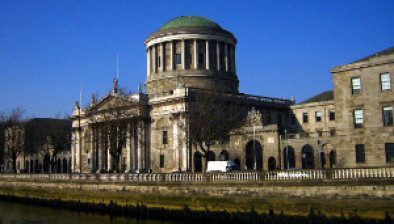Emergency legislation in response to Zalewski due within ‘couple of weeks’

Leo Varadkar
Emergency legislation allowing for Workplace Relations Commission (WRC) hearings to continue to take place in light of the Zalewski judgment will come forward “in the next couple of weeks”, Tánaiste Leo Varadkar has said.
The landmark Supreme Court judgment in Zalewski, handed down in April, upheld the constitutional validity of the WRC but declared that certain aspects of the WRC procedures were unconstitutional.
Shortly after the judgment, the government announced its plan to introduce emergency legislation providing for “some procedural amendments” allowing WRC hearings to be held in public and evidence to be heard on oath.
However, employment lawyers have since raised concerns about the time taken to introduce legislation, suggesting that the issues raised by the Zalewski judgment are more complex than ministers have said.
Dublin solicitor Richard Grogan told Irish Legal News last month that the court’s comments on the independence of adjudication officers could require the appointment of permanent and full-time adjudication officers.
Mr Varadkar made no reference to this as he told TDs yesterday: “We will need legislation quite soon, in the next couple of weeks, to respond to the Zalewski judgment, which requires that hearings can be held in public and that evidence must be given on oath.”
Zalewski revolved around a contention of the applicant that the administration of justice in the State was within the sole remit of the courts. It was claimed that the lack of an appeal process to the courts from the WRC rendered the entire process an impermissible administration of justice.
In a 4-3 majority opinion, the court determined that the WRC process was a constitutional administration of justice in the State. In reaching its conclusion, the court grappled with the difficult issue of defining the “administration of justice” from the case law.
Noting that “independence and impartiality are fundamental components of the capacity to administer justice”, the court said the minister’s power to revoke the appointment of an adjudication officer is “troubling, particularly as it is likely that the adjudication officers will be civil servants in the minister’s department with other responsibilities where they will routinely be required to accept direction”.
The final orders in Zalewski did not include a declaration on the independence of adjudication officers, but the court said it was “sure that its observations in that context will be taken on board”.









